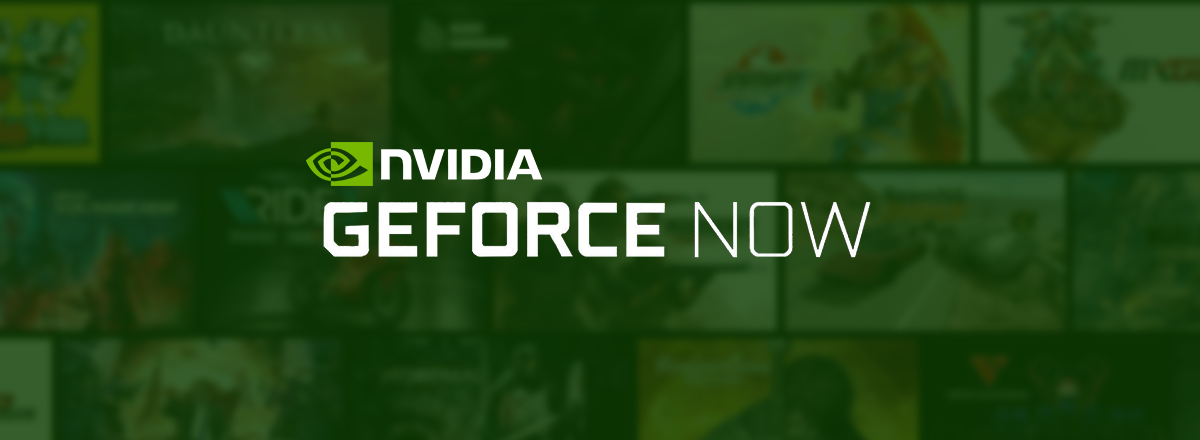After seven years of refinement, testing, and collecting feedback from beta testers, Nvidia has finally unveiled the final version of its cloud-based gaming service GeForce Now, which is today available to everyone.
🌩️ It's not just PC gaming in the cloud. It's GeForce gaming in the cloud. Give yourself the #PowerToPlay with GeForce NOW — anywhere, any device, on demand.
— NVIDIA GeForce NOW (@NVIDIAGFN) February 4, 2020
The wait is over. Available now.
Learn more → https://t.co/pRUD9yZ1fx pic.twitter.com/EsNjbKej8x
GeForce Now supports broadcasting games on PC, Mac, Android, and NVIDIA Shield, works with Steam library, Epic Games Store, Uplay, and other platforms. In other words, users can play games that have already been purchased previously. This significantly distinguishes GeForce Now from Google Stadia, where players have to buy each game separately and every game is stored exclusively in the Google Cloud.
GeForce Now offers the ability to play any game without having to use a powerful device. The service is available for free and by subscription. In the first case, the connection time to the Nvidia servers is limited to one hour per session, after which users can reconnect.
A subscription worth $5 per month (subject to full annual payment) gives priority to access the servers, allows you to play up to six hours in a single session, and supports ray tracing technology. Both options will enable you to broadcast games in a 1080p/60 FPS mode.
One of the main promises of Nvidia is that if a player leaves the service, all the games he/she purchased will still be available through Steam, Epic Games Store, or other platforms. The Microsoft xCloud service works the same way, but it is still at the pre-launch stage.
GeForce Now is launched in 30 countries, and nine data centers are located in North America, with six more in Western Europe.
According to the company, they can provide a delay of up to 20ms. In Korea, Japan, Russia, and elsewhere, Nvidia has entered into agreements with local telecommunications companies to provide a 10ms delay.
Nowadays, GeForce Now offers hundreds of games from more than 50 publishers and about 30 shareware games, including Fortnite.













